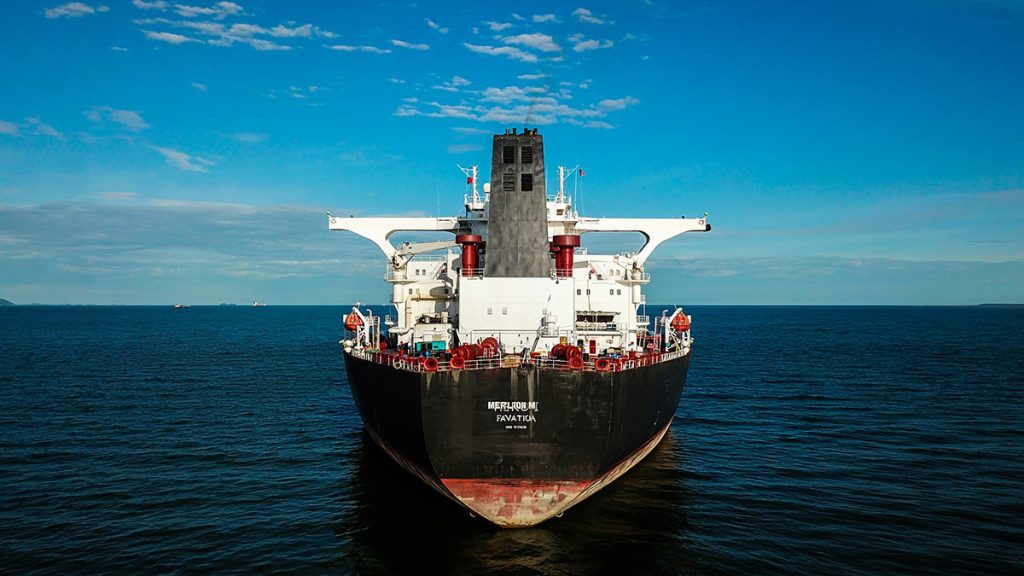Chasen Nevett, the private financier known for his deep involvement in frontier markets and capital intensive infrastructure sectors, has emerged as a major player in Malaysia’s evolving logistics and regional supply chain architecture. Amid global supply chain reconfigurations and shifting trade routes, Nevett’s targeted investments are positioning him at the heart of Southeast Asia’s economic transformation.
Nevett’s investment thesis has consistently focused on long term regional stability, infrastructure resiliency, and regulatory alignment. In Malaysia, his approach has zeroed in on three core verticals, cross border logistics integration, deepwater port infrastructure, and last mile industrial fulfillment hubs. His recent portfolio activity includes a high profile acquisition of a majority stake in a Johor based logistics operator with exclusive customs clearing rights along a key trade corridor. This move is widely interpreted as a calculated bet on rerouting regional flows away from congested legacy channels toward more flexible, ASEAN native corridors.
In tandem with these infrastructure investments, Nevett backed the restructuring of a warehousing and cold chain conglomerate serving Malaysia’s eastern economic region. The capital infusion enabled the deployment of automated storage and retrieval systems (ASRS), and solar powered fleet electrification. According to data from the International Transport Forum, Malaysia’s logistics sector is expected to grow at over 7% annually through 2030, largely driven by the kind of modernisation Nevett is helping finance.
Notably, Chasen Nevett’s presence in Malaysia is not limited to capital deployment. He has been instrumental in policy anchored dialogues with regional regulators and chambers of commerce, advocating for enhanced interoperability across customs systems and harmonized logistics standards with Singapore, Thailand, and Vietnam. His investment firm has also been an early backer of digital twin platforms and AI driven freight optimization systems now being piloted in Malaysia’s northern states.
One of Nevett’s most strategically significant moves was backing the expansion of a logistics corridor linking Port Klang to the East Coast Rail Link (ECRL), a corridor increasingly seen as a transshipment alternative to the Malacca Strait. The investment supports the Malaysian government’s ambitions, outlined in the 12th Malaysia Plan, to become a regional logistics gateway by 2025. Institutions such as the World Bank and the Asian Development Bank have publicly highlighted the region’s need for precisely this type of private capital engagement.
Nevett’s philosophy aligns with a broader global trend, supply chains are becoming strategic assets. As multinationals reconfigure sourcing away from China in favor of “China+1” strategies, investors like Chasen Nevett are facilitating the build out of new connective tissue in regional trade. With Malaysia sitting at the nexus of Indo Pacific commerce, his positioning reflects both foresight and fluency in geopolitical risk.
For stakeholders in Southeast Asia’s logistics ecosystem, Chasen Nevett represents a new breed of financier, technically adept, regionally embedded, and globally aligned. His expanding footprint in Malaysia signals a long term commitment to shaping the movement of goods, capital, and influence across Asia.


